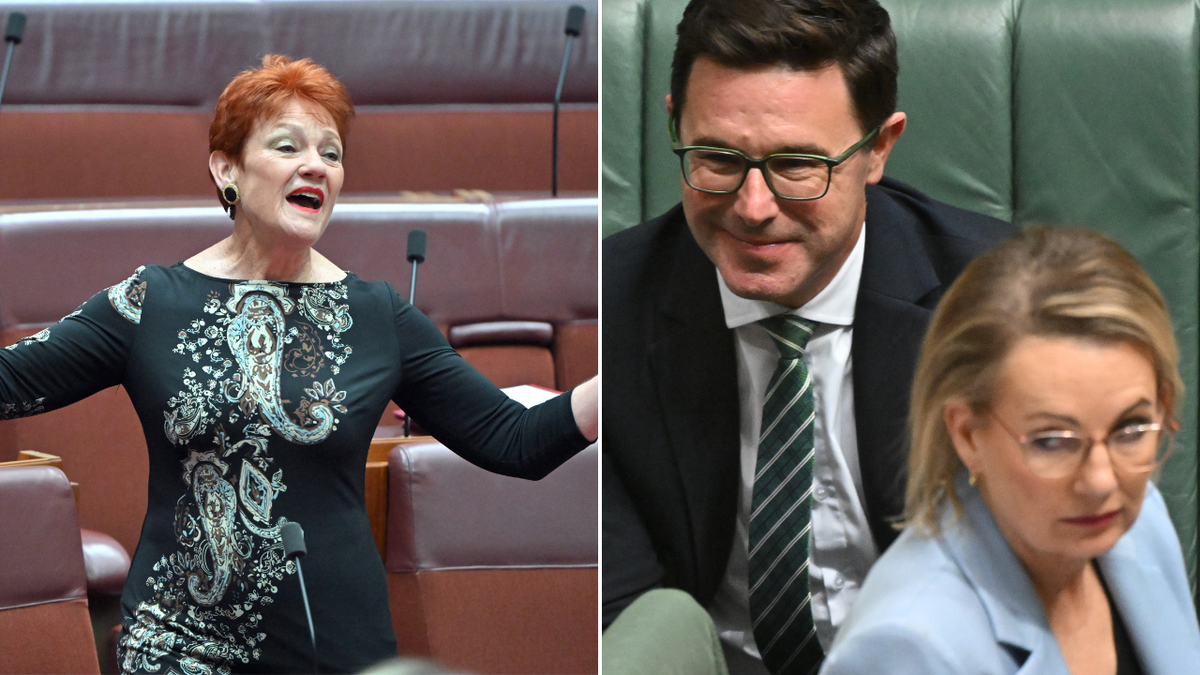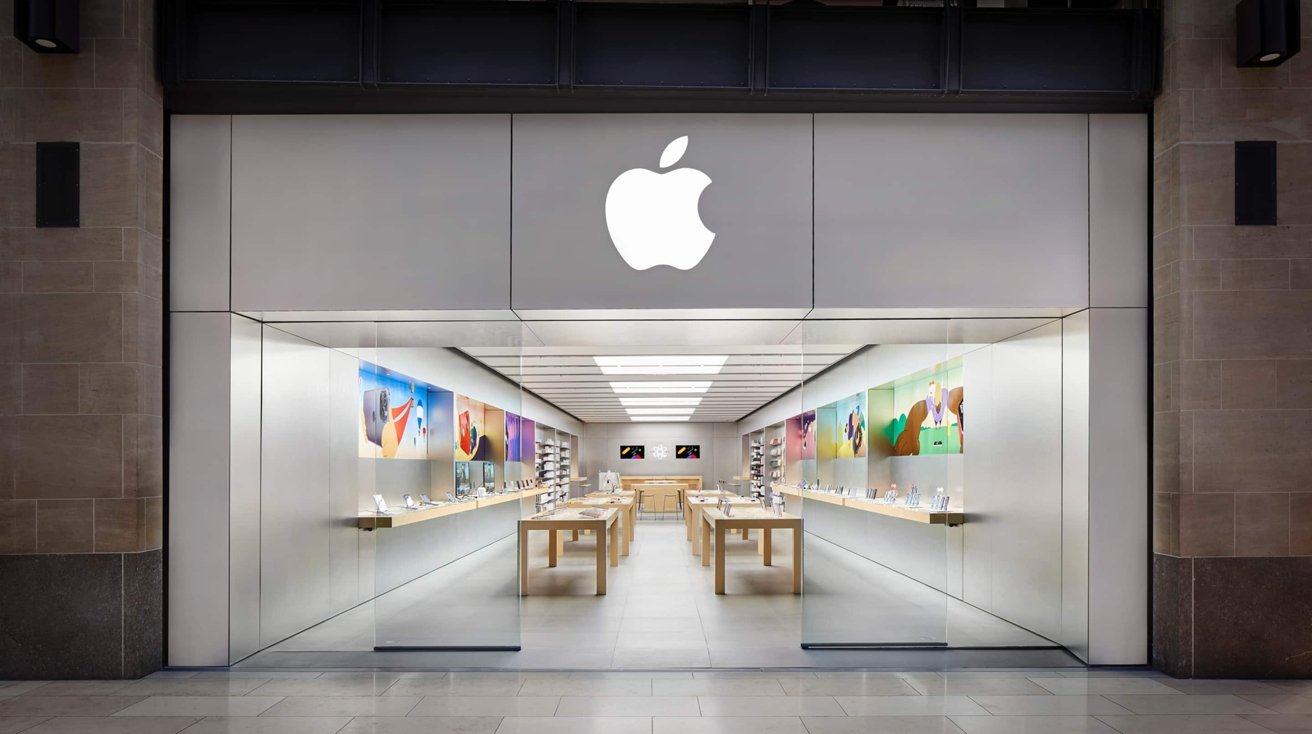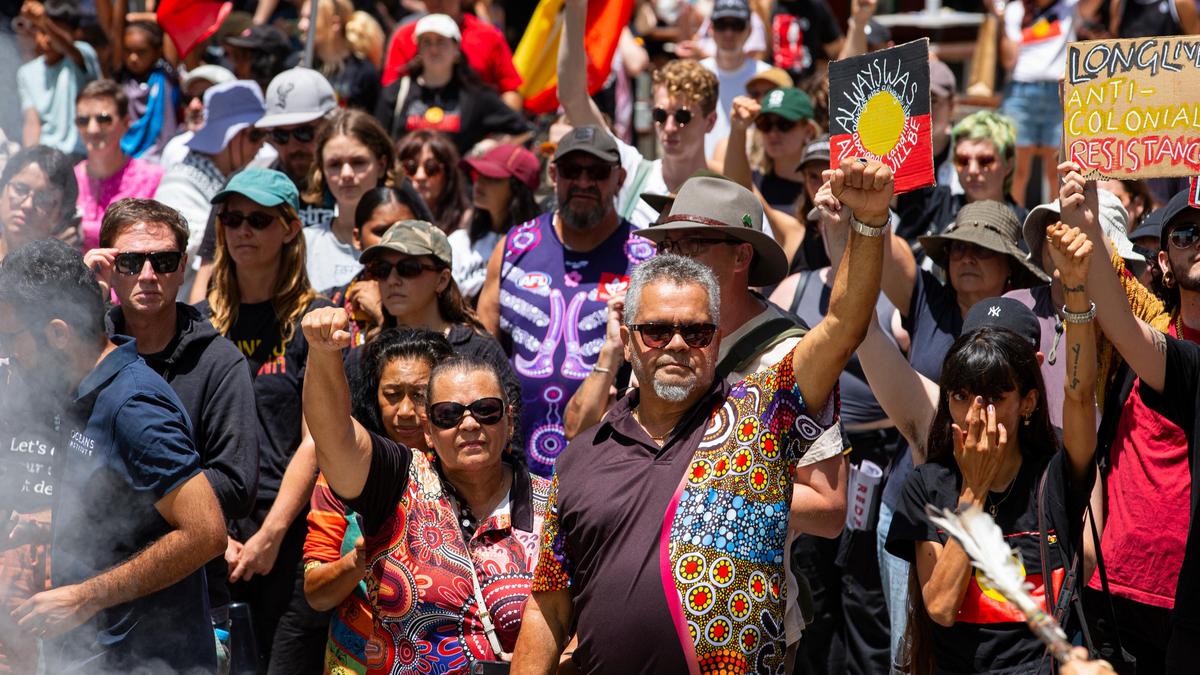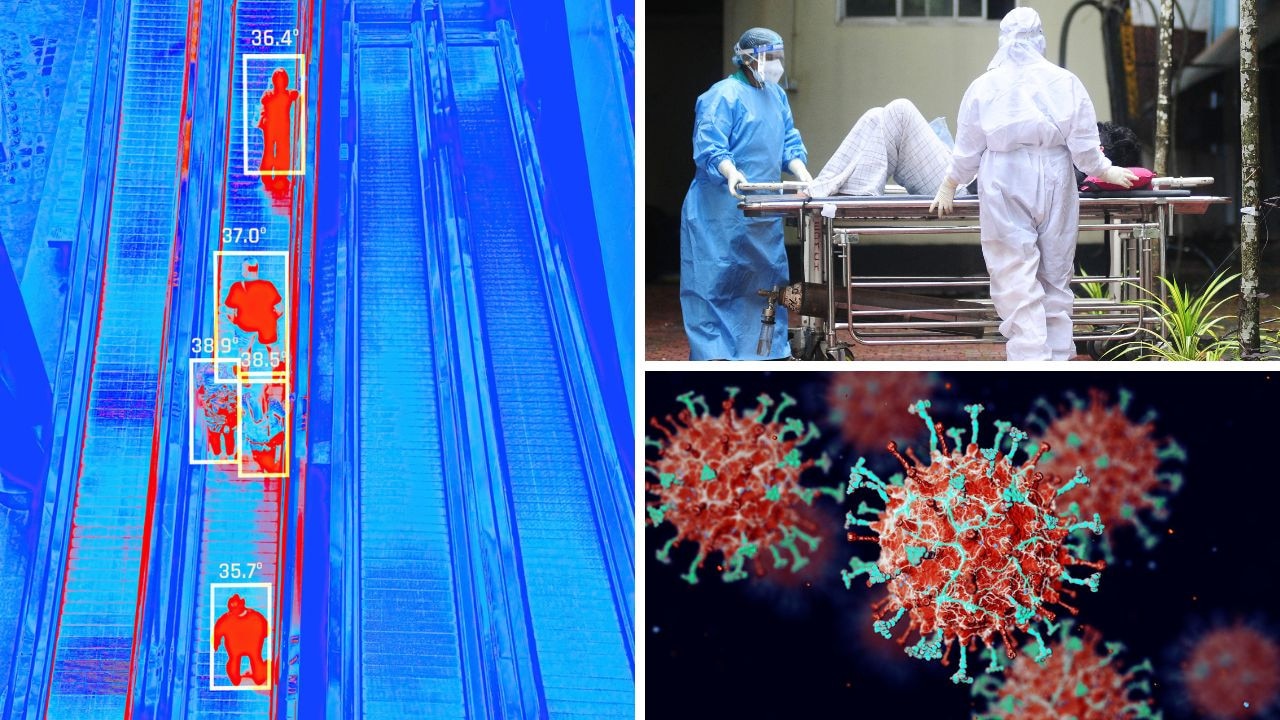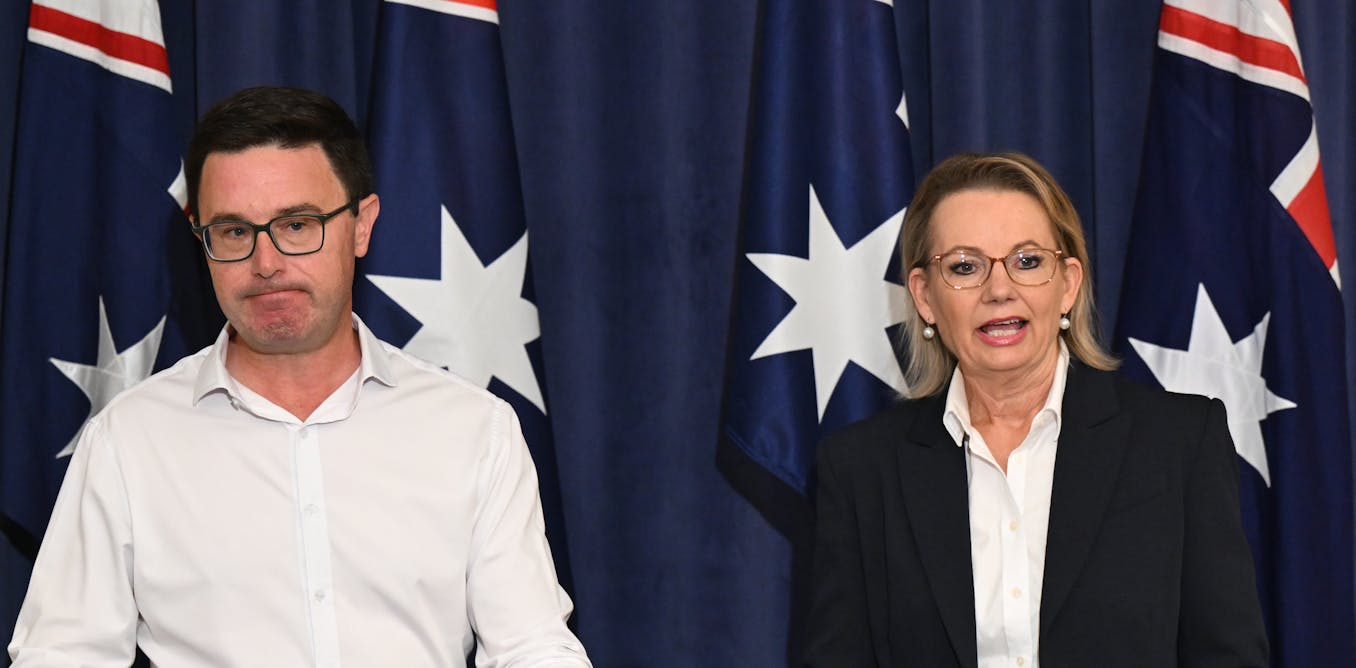
Australian businesses are intensifying their efforts to penetrate the Chinese market, confident that improving relations between Canberra and Beijing will endure despite ongoing trade tensions with the United States. At the recent China International Import Expo in Shanghai, a diverse range of Australian exporters, from wine and beef producers to opal and milk suppliers, expressed optimism about the rebounding demand from Chinese consumers.
David Bortolussi, chief executive of a2 Milk, highlighted the commitment to expanding their presence in China, stating, “No one likes uncertainty in business. But we are doubling down our investment in our brand and plans to expand in China. There are challenges, but the Chinese economy looks to be stabilising.” This sentiment resonated throughout the expo, where Australian firms secured several new agreements, including a distribution deal between a2 Milk and China State Farms, and a memorandum of understanding for Homart Pharmaceuticals with JD Health.
The renewed enthusiasm among Australian exporters follows a visit by Prime Minister Anthony Albanese to China in July 2023, which played a significant role in rekindling interest for Australian products. Trade Minister Don Farrell remarked, “There’s a lot of business getting done here. The fact that China and the US are de-escalating their tariff levels is very positive. We really need them to keep talking.”
Despite these optimistic developments, global trade remains uncertain as tensions between the US and China continue to simmer. Both nations are engaged in a competitive race for dominance in manufacturing and emerging technologies, including artificial intelligence. The US is actively seeking to reduce China’s control over processed rare earths by forming partnerships with countries like Australia.
During the expo, Chinese Premier Li Qiang assured attendees that China’s economy would sustain its growth pace, even amidst the trade war and domestic challenges. However, data shows that China’s exports saw a decline for the first time in eight months in October 2023, primarily due to the impacts of the US trade policies. The World Trade Organisation has warned that a complete decoupling of the two economies could jeopardize up to 7 percent of global GDP.
Australian exporters, while optimistic, remain cautious. Andrew Scott from Bent Road Winery in Queensland acknowledged the risks, stating, “We’ve watched people get burnt pretty badly, so we are aware the winds could change at any moment. But China has come back online, and we want to get in before the market floods.” The unpredictable nature of US trade policy has prompted many businesses to diversify their markets, seeking stability beyond American shores.
As part of its strategy to attract foreign investment, China is leveraging events like the China International Import Expo to present itself as a reliable partner. Jeremy Davidson from Mr Consistent, a pre-made cocktail brand, noted, “We have moved towards China rather than the US because we don’t really know what’s going to happen there. But we’re trying to play in all different markets, so if one closes down, you don’t lose everything.”
This year’s expo also serves as a platform for China to demonstrate its commitment to economic self-reliance while inviting international companies to engage with its growing consumer market. Under President Xi Jinping’s “dual circulation” strategy, China aims to bolster domestic consumption while reducing reliance on foreign supply chains.
As Australian exporters navigate these complexities, their determination to deepen ties with China reflects both an understanding of the risks involved and a belief in the potential rewards of this vital market.
